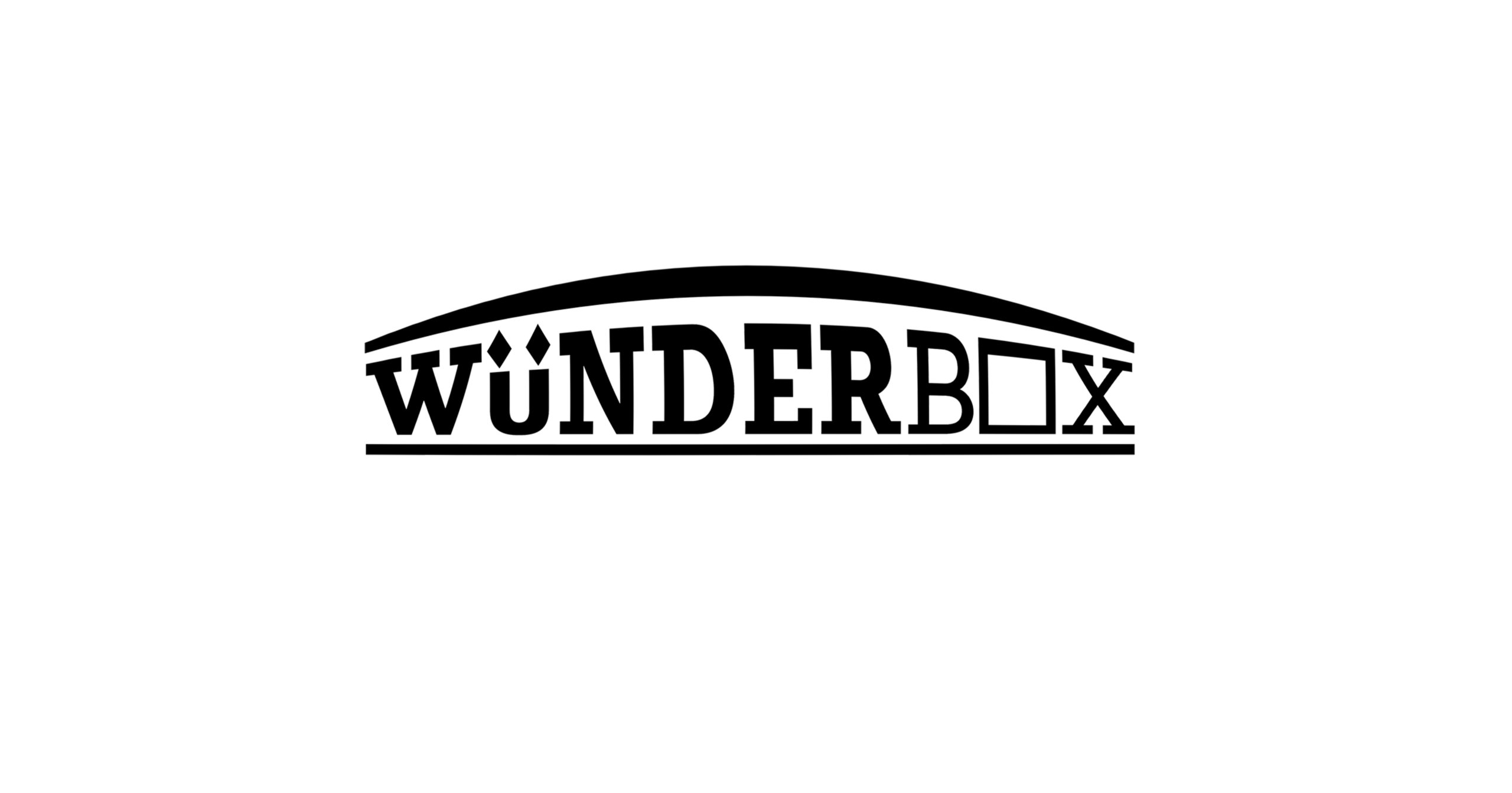Intro
Music producers oversee and manage the processes involved with recording. With the evolvement of technology and accessible programs at our fingertips, it is easier than ever to break into production with little experience. Quality music can be made on a laptop, and the hardware necessary isn’t expensive. Most of the learning tools can be found on the internet. That being said, there are certain aspects of music that all producers should know to help them.
1. Producing Isn’t Easy
1. Producing Isn’t Easy
Despite the accessibility of programs from your computer at home, being a music producer is NOT easy. You have to possess a keen ear for being able to decipher certain things like correct pitch and what dynamics go well within a piece of music, as well as a working understanding of mixing and digital production. You also need to know what genre or client you want to work with.
Once you have figured out your ideal client, it is necessary to take some time to excel at the craft. You have to work with a lot of intricate details and practice mixing multiple times to be sure you know what sound works best. After all, you want to be an expert! Producing requires patience, time, concentration and focus, as well as making sure you have the gear or DAW you need and possibly even studio space if you can find some.
2. Music Theory
2. Music Theory
Though you do not necessarily have to play an instrument, even though it is something to be considered, you should have a basic or even mid-level understanding of music theory. Terms like dynamics, intonation, allegro – should all be well known within a music producer’s vocabulary.
Vincent Reina, a professional music teacher and administrator with Music To Your Home, states that “The best music producers to work with are the ones who have a keen understanding of how music works and all of its parts, especially when mixing recordings. The best producers know their music first.” It’s important to have a working knowledge of theory and musical terms, no matter your experience.
3. Creativity
3. Creativity
Creating your own products can really help you to stand out in the world of production. Whether you dabble in songwriting and know melodies you can assist clients with their recordings that way, or maybe you can key your own term for how you mix a certain track that you can “bottle” and sell in some way to other producers. Growth will always be something that is essential for your business (or any business for that matter!), which leads to the next important task you should do.
4. Always Be Learning and Connecting
4. Always Be Learning and Connecting
There will always be the next “new and better” thing out there with technology, so make sure you educate yourself. Especially if you work solo, it is key to always be headed towards growth, whether you’re growing your email list to build up your business or growing your revenue. Make sure to stay current with what producers are doing and using, especially the ones that you admire most and hope to emulate. It helps you to be more marketable in your field, so if there is a program that you can update or a new piece of software/plugin you can download, you will want to have it, work with it and master it so that you can offer it before another producer does.
Remember that your reputation is important – if you have the opportunity to work with other producers, you can learn from them as well. You want others to look at you as a positive influence. Don’t view them as “the competition”, rather, collaborate and establish connections, building relationships that can help you. You may be better at one aspect of production whereas another producer is an expert at something you want to know – so you can barter and learn something new.
5. Set Your Goals and Prioritize
5. Set Your Goals and Prioritize
One last thing you should know as a music producer is what you want to accomplish – have a clear goal or objective and work to make it happen. Is there a certain genre you want to produce? Do you want to work in-person or online?
Make sure to prioritize, especially if you’re new to the business. Create your email list, build it, and optimize – make sure you’re always meeting client deadlines, making phone calls and meetings, and maintain professionalism. Keeping your clients’ updated on tasks, making sure their input is heard. All of these things will help you become an outstanding music producer.
Conclusion
With this knowledge you should be on your way to great sounding realistic drum parts.

About the author
Donna has had a love for music since elementary school when she took her first piano lesson. Having tried her hand at numerous instruments, she now spends her time writing about music, the music industry, and teaching lessons in NYC. She is a contributor on multiple music blogs and loves sharing helpful articles on her portfolio for her fellow musicians and music lovers.
Our Products
-
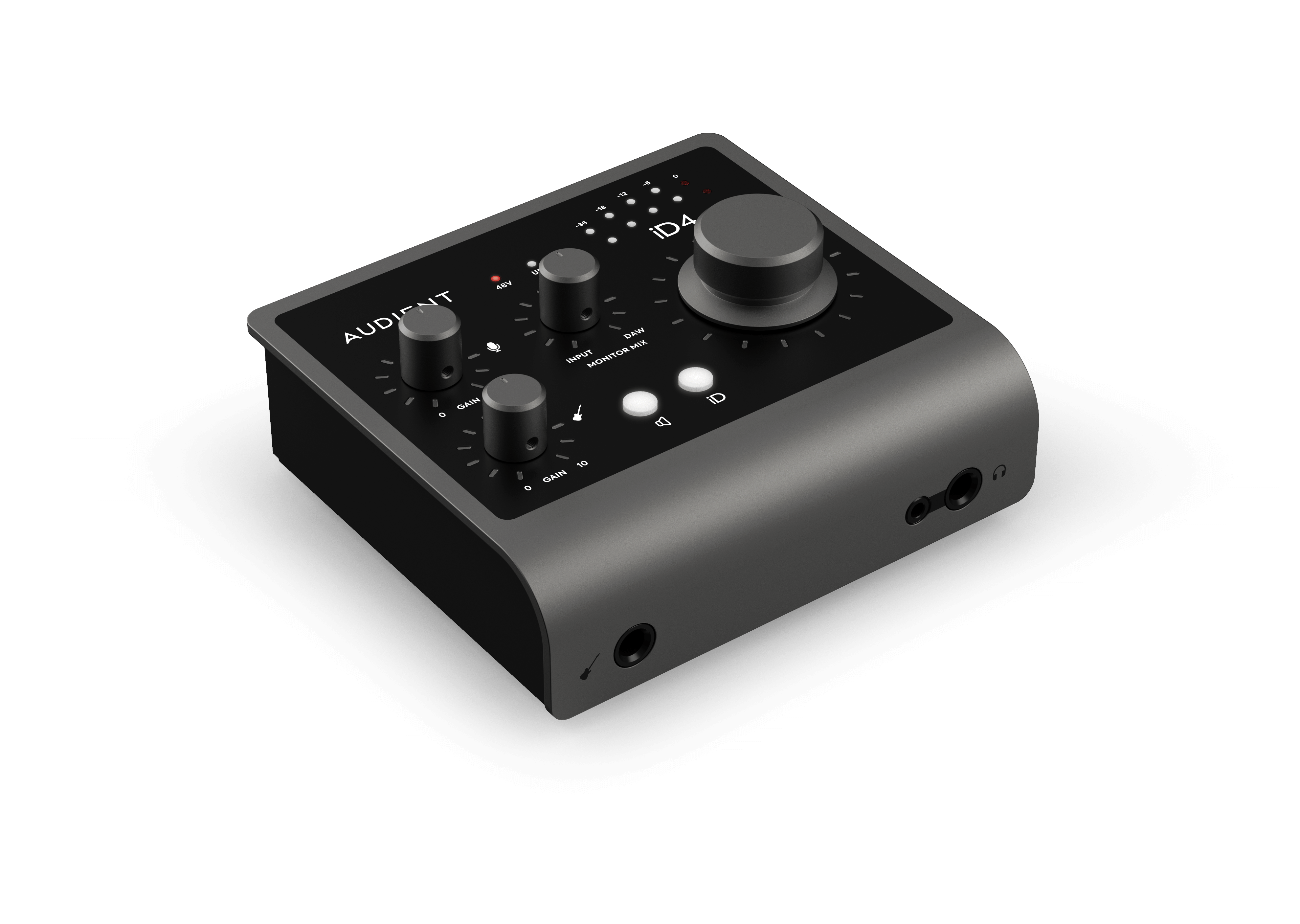
2in | 2out Audio Interface
-
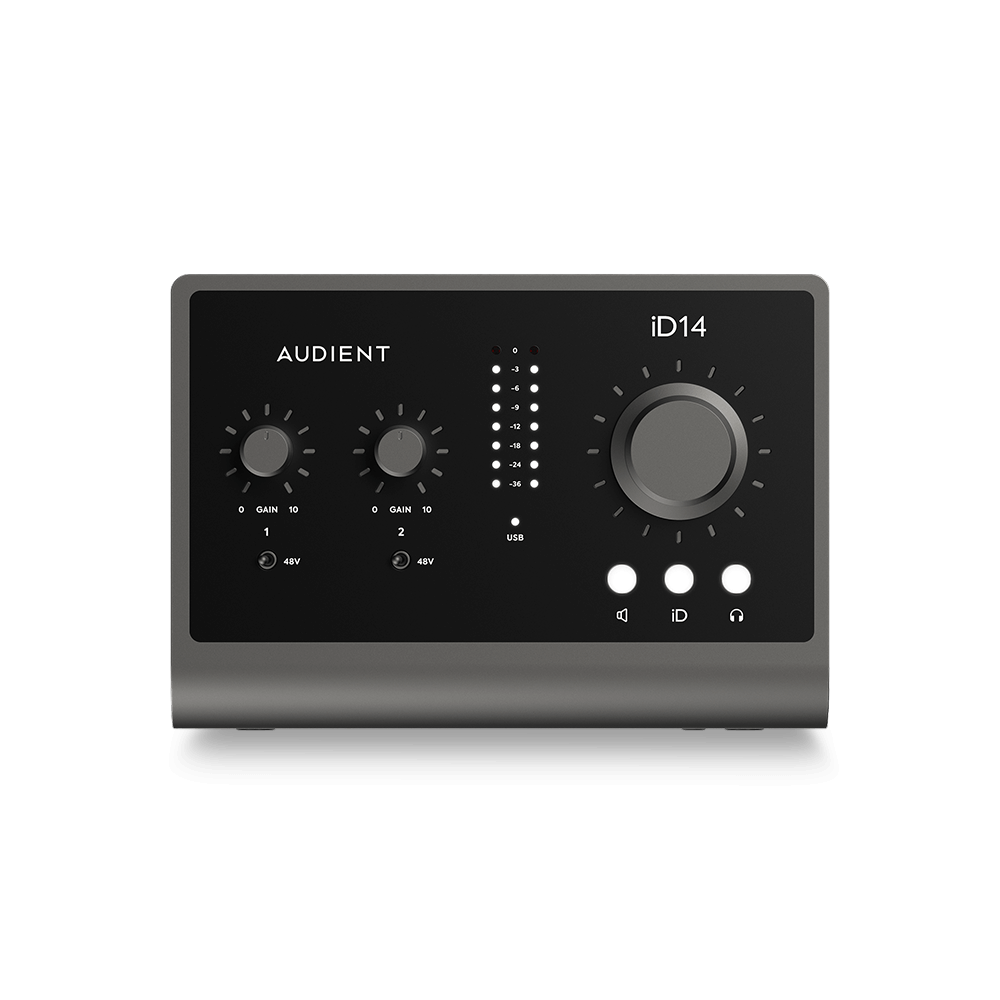
10in | 6out Audio Interface
-
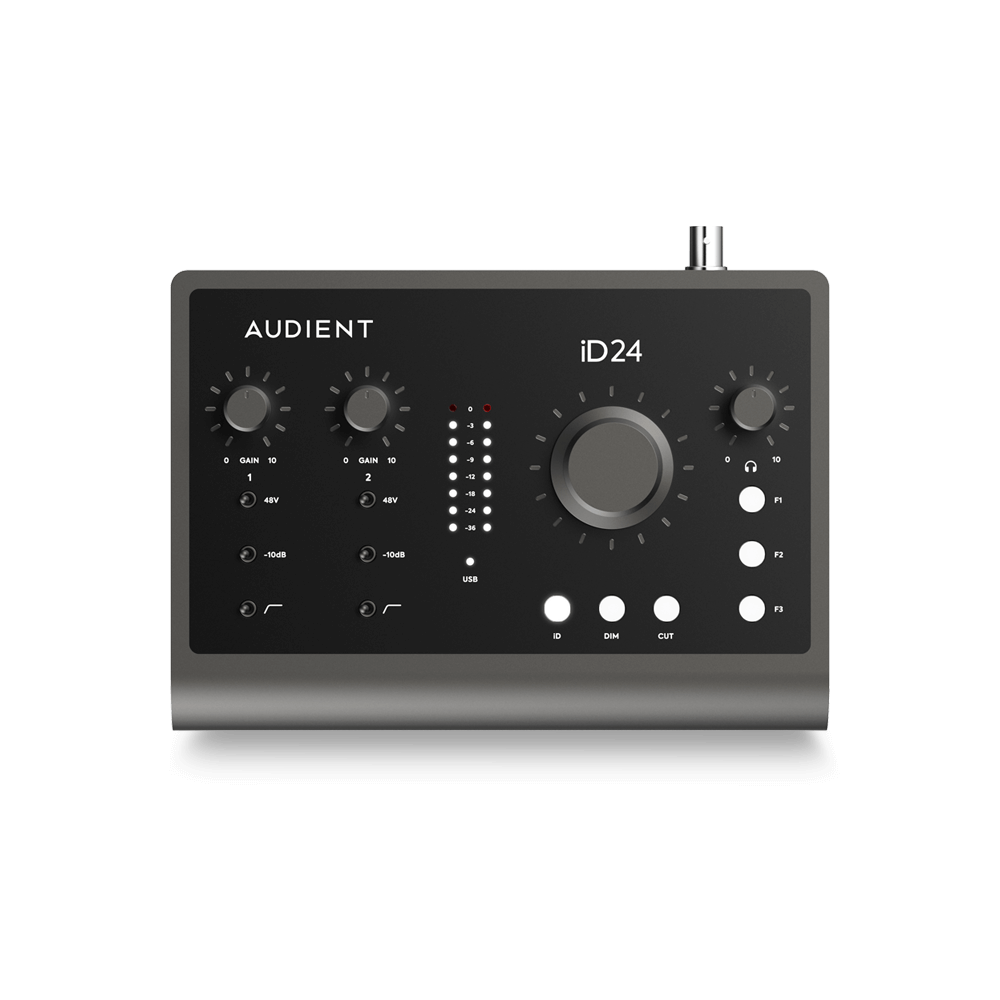
10in | 14out Audio Interface
-
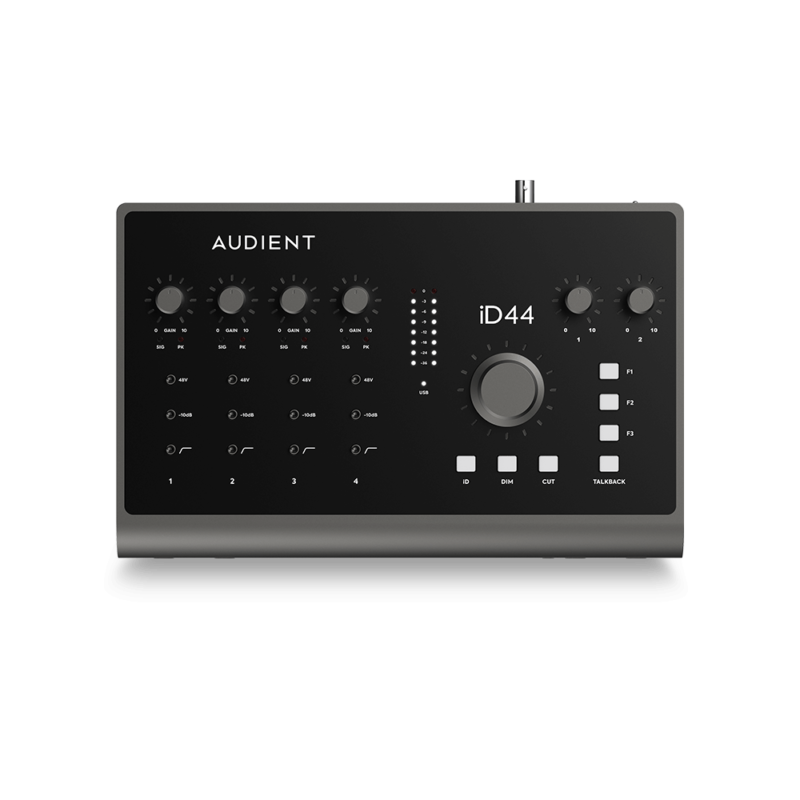
20in | 24out Audio Interface
-
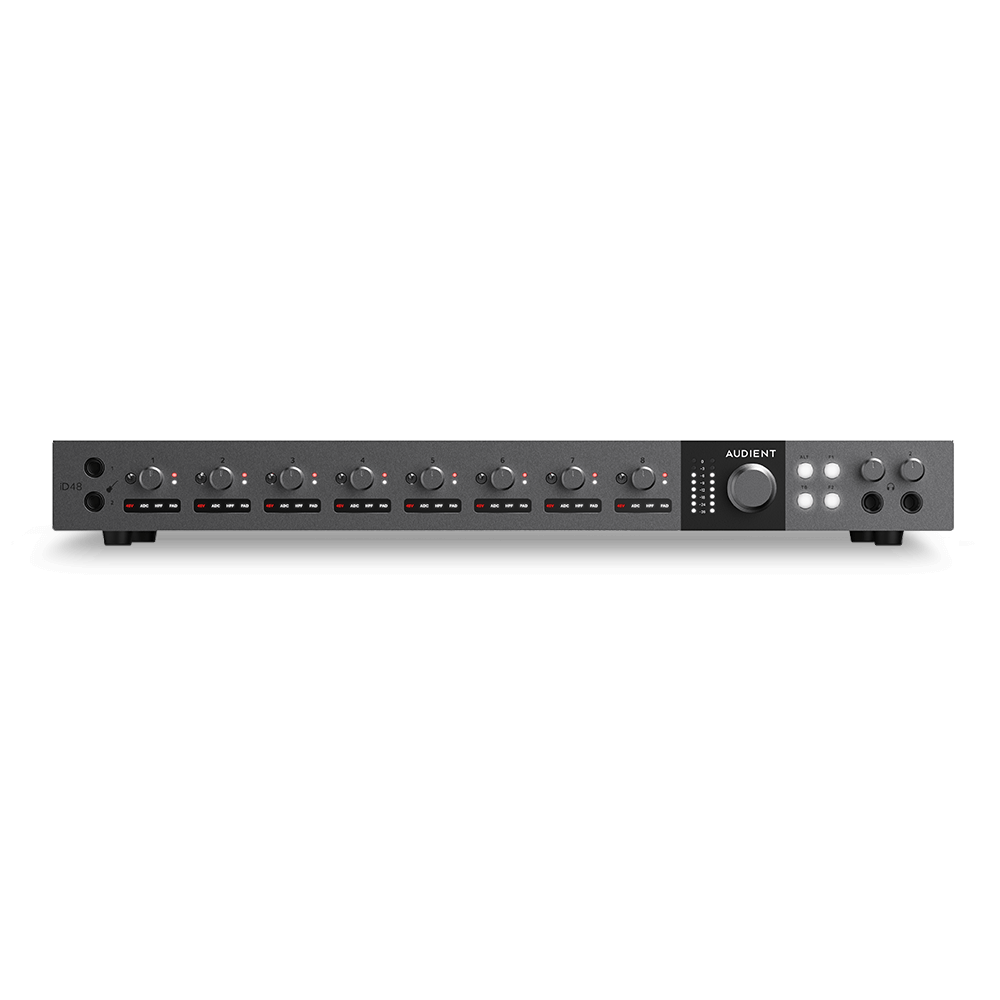
24in | 32out Audio Interface
-
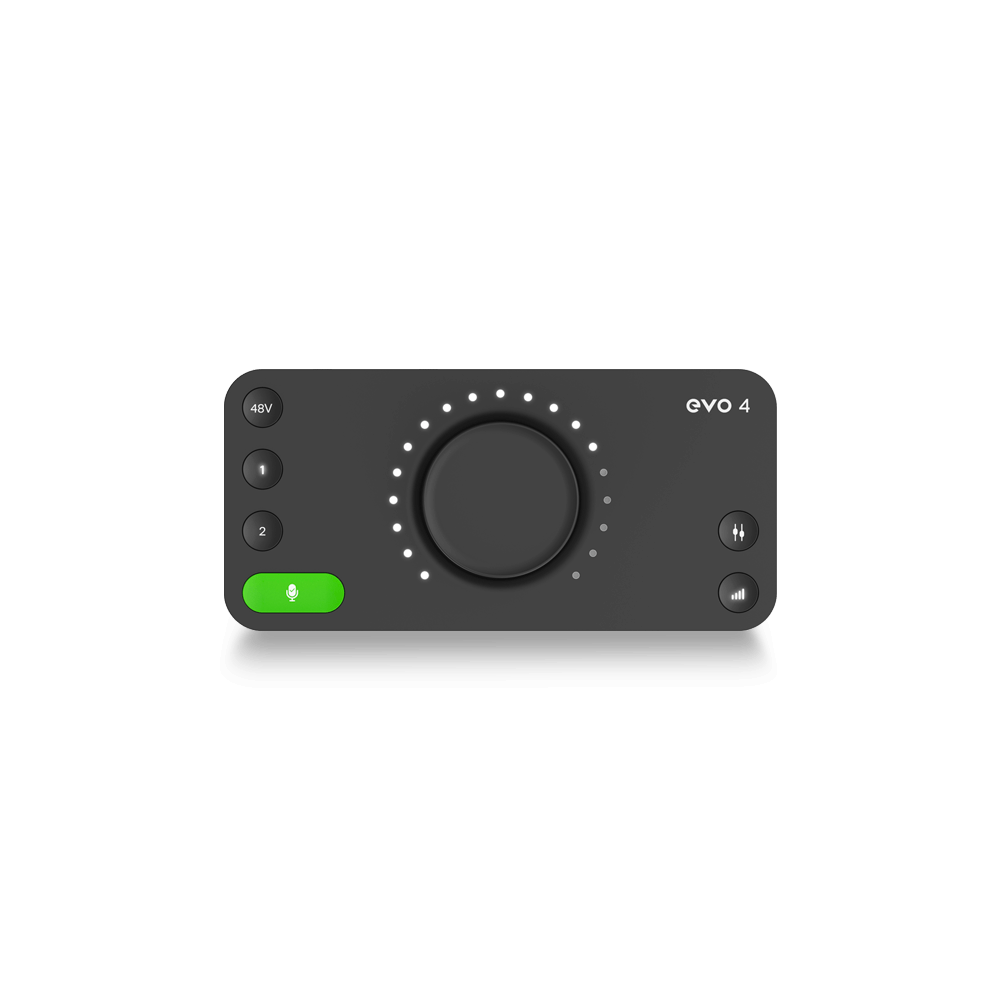
2in | 2out Audio Interface
-
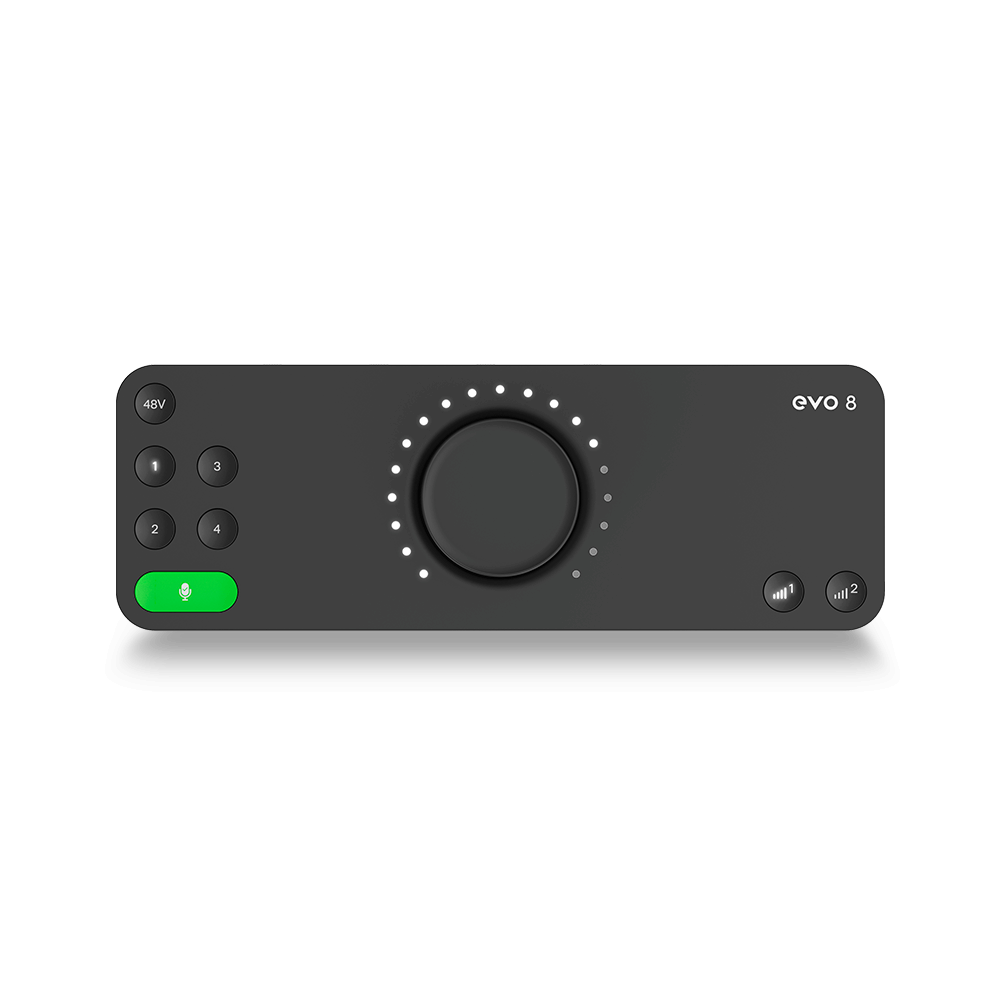
4in | 4out Audio Interface
-

24in | 24out Audio Interface
-
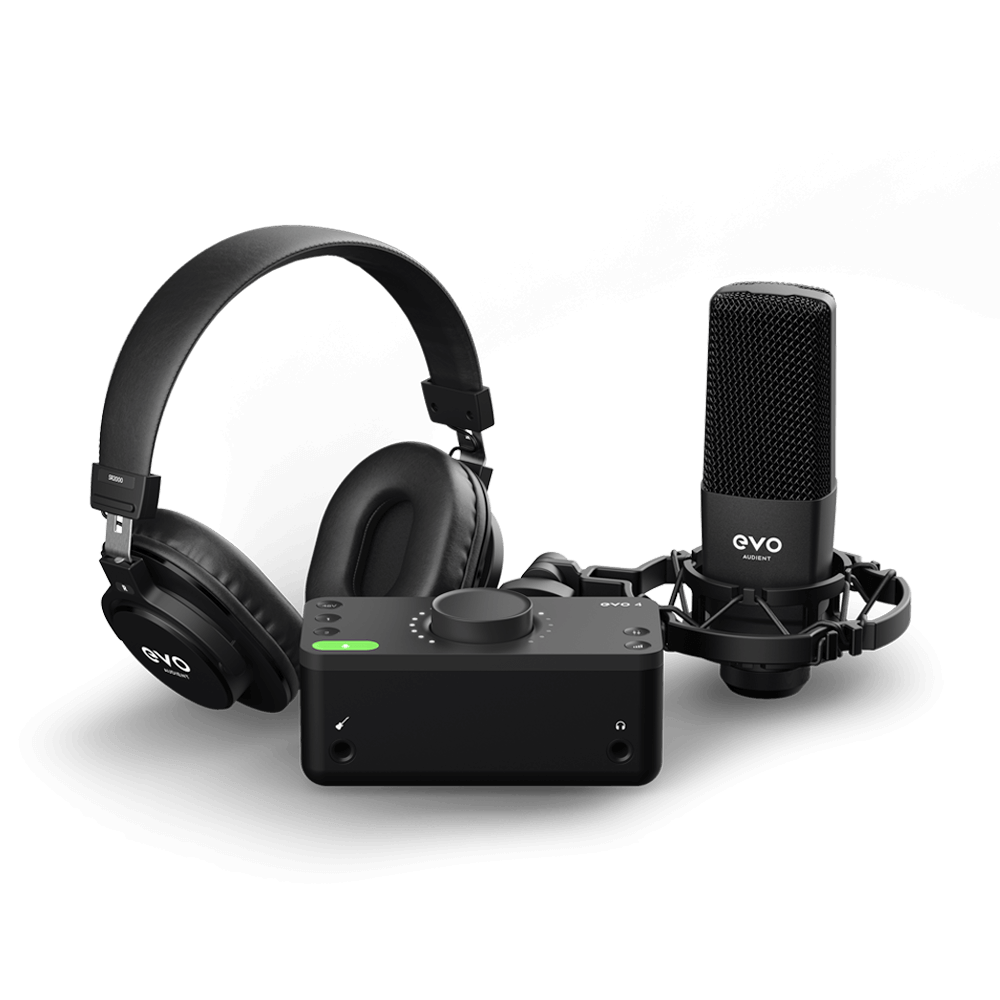
Everything you need to start recording
-
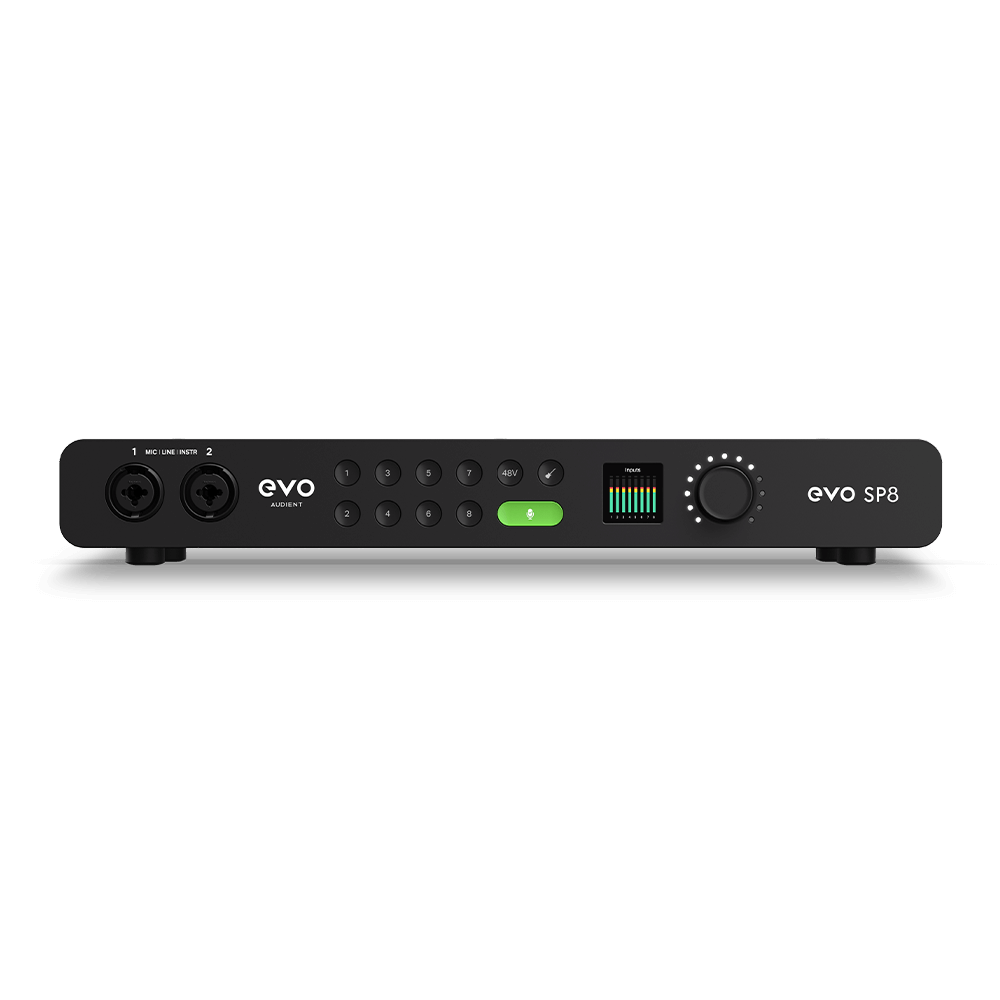
8 Channel Smart Preamp with AD/DA
-
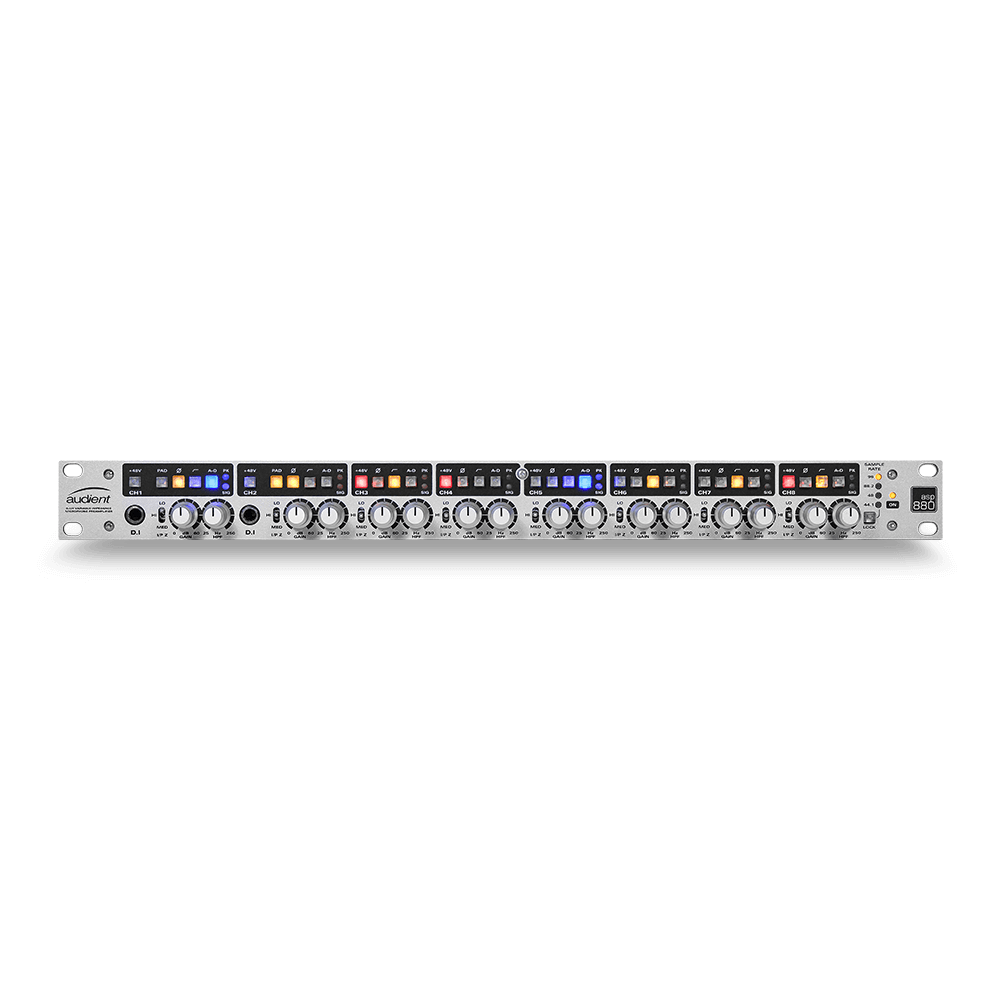
8 Channel Mic Pre & ADC
-
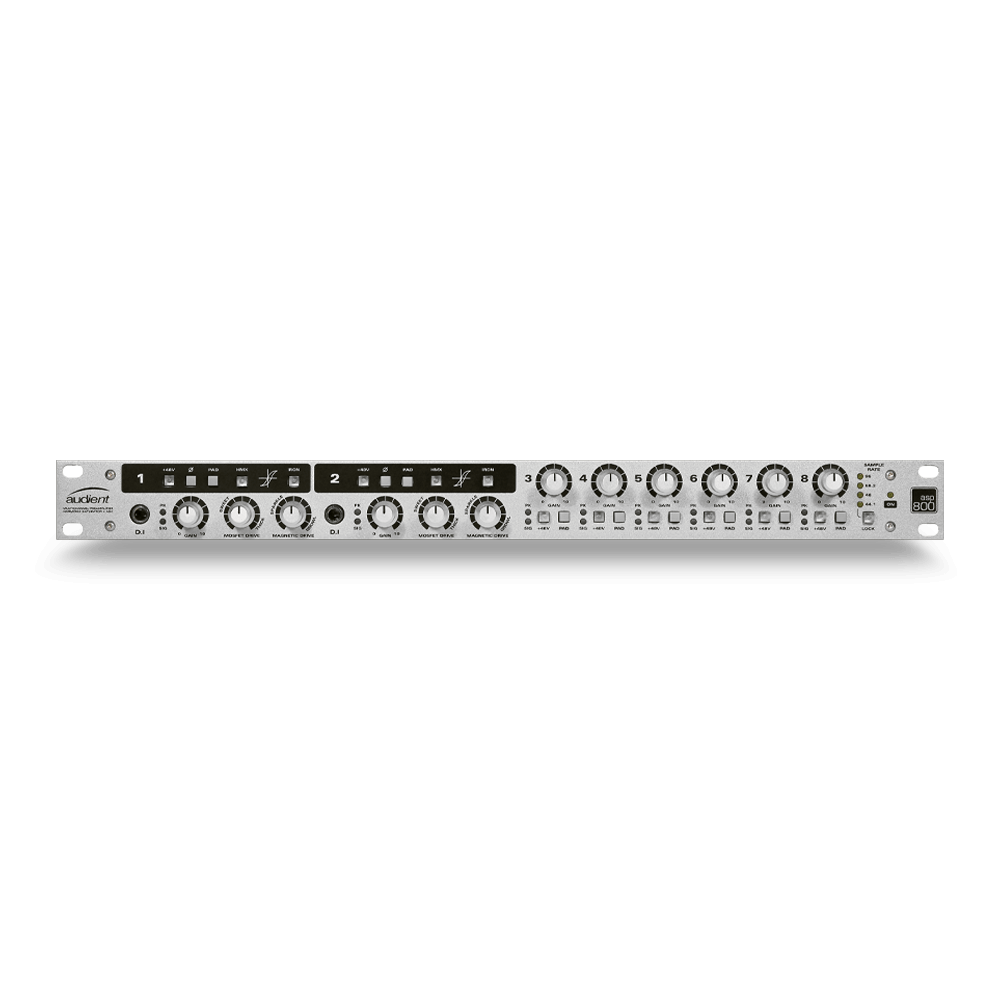
8 Channel Mic Pre + Tone Control
-
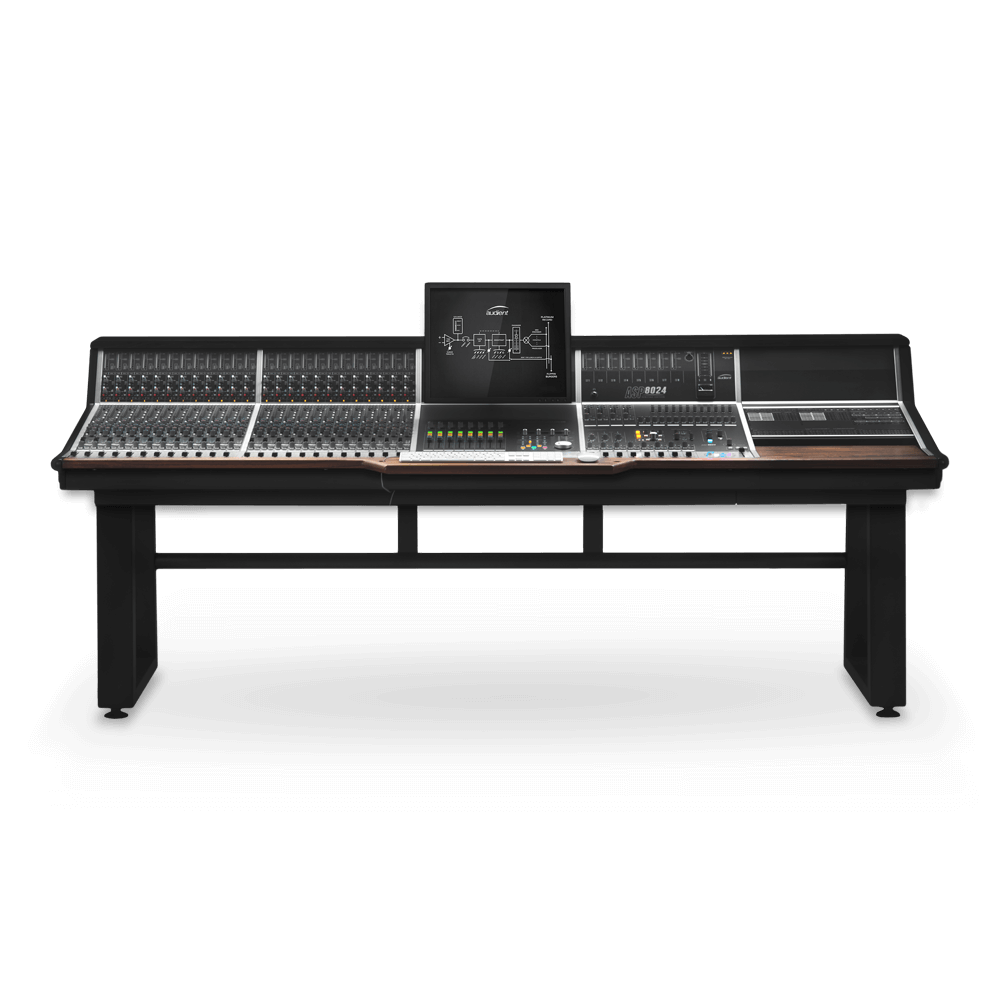
Modular Analogue Recording Console
-
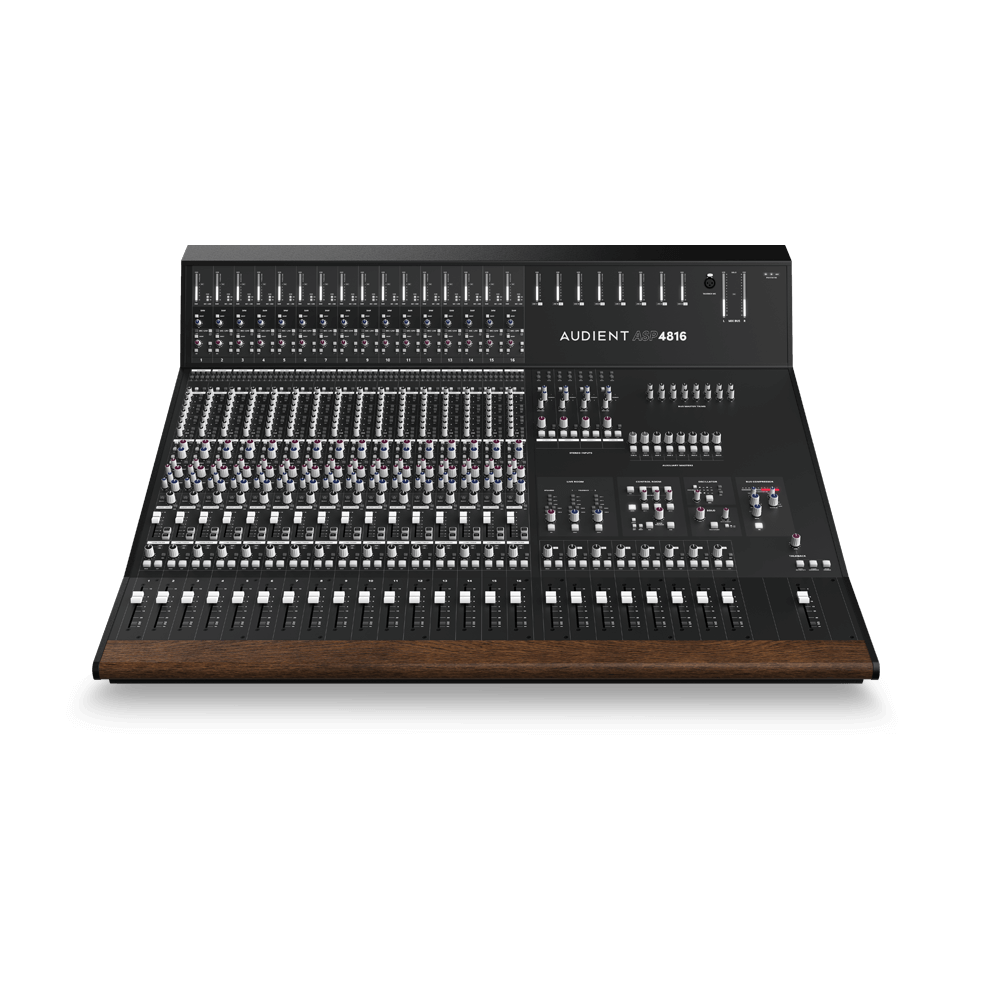
Small Format Analogue Recording Console
-
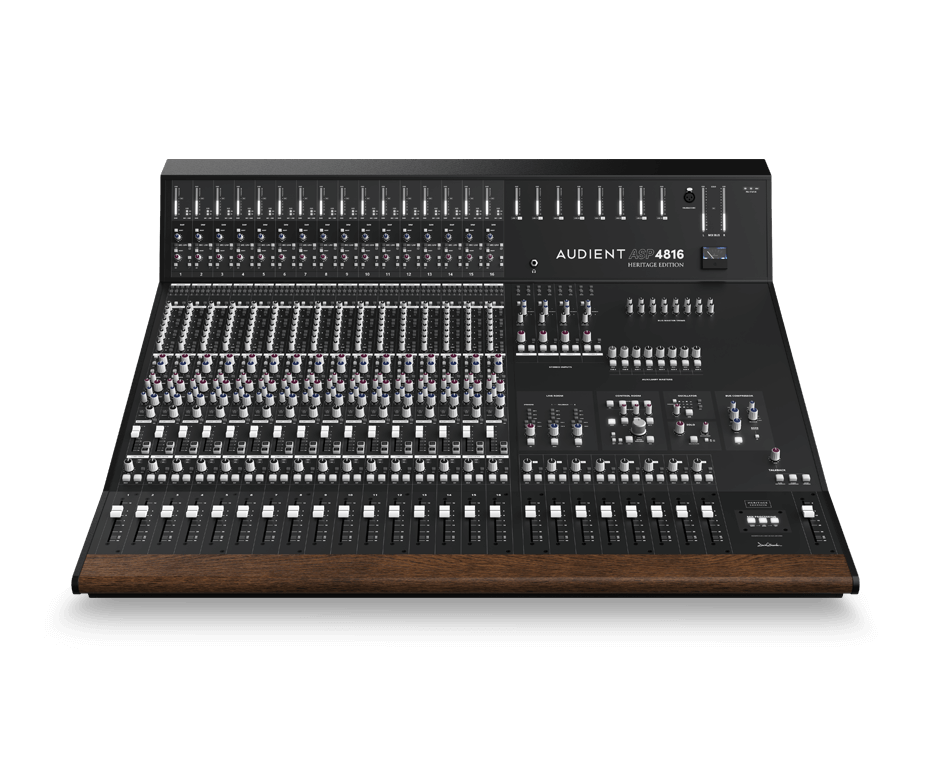
Small Format Analogue Recording Console
-
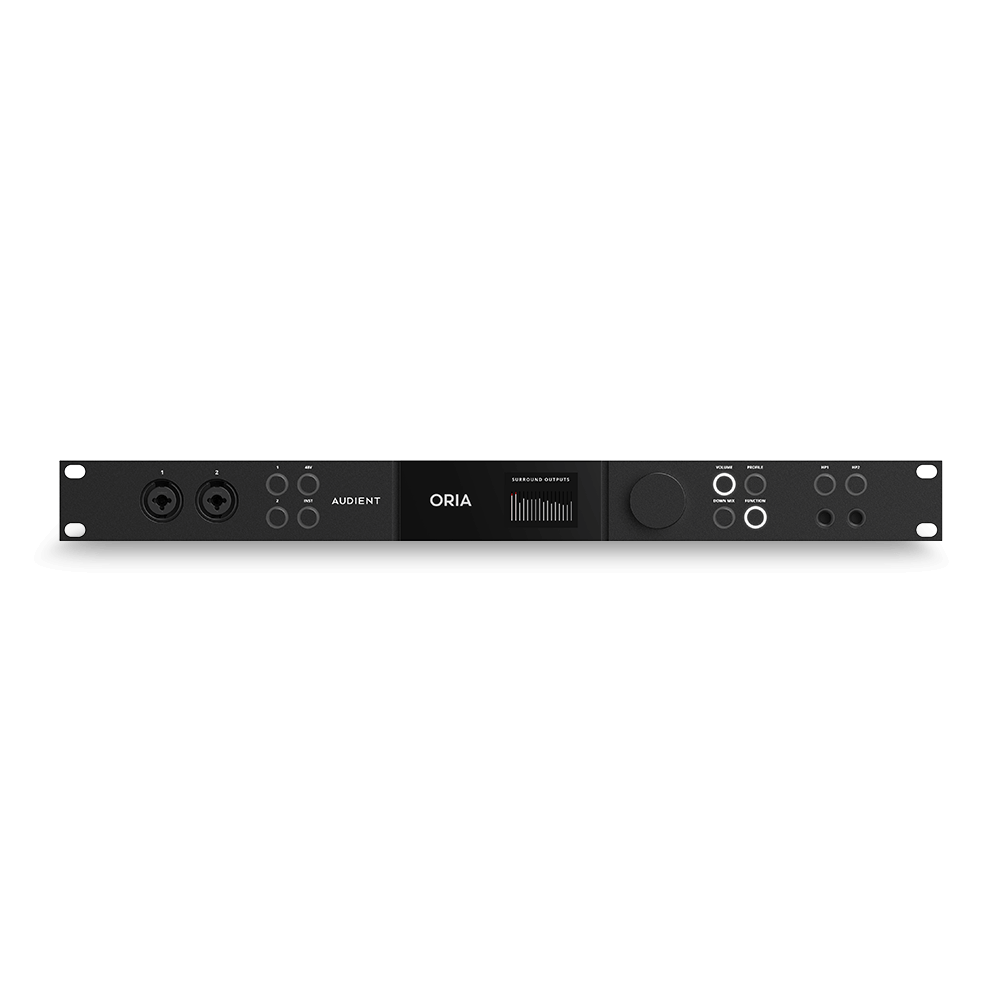
Immersive Audio Interface and Monitor Controller
-
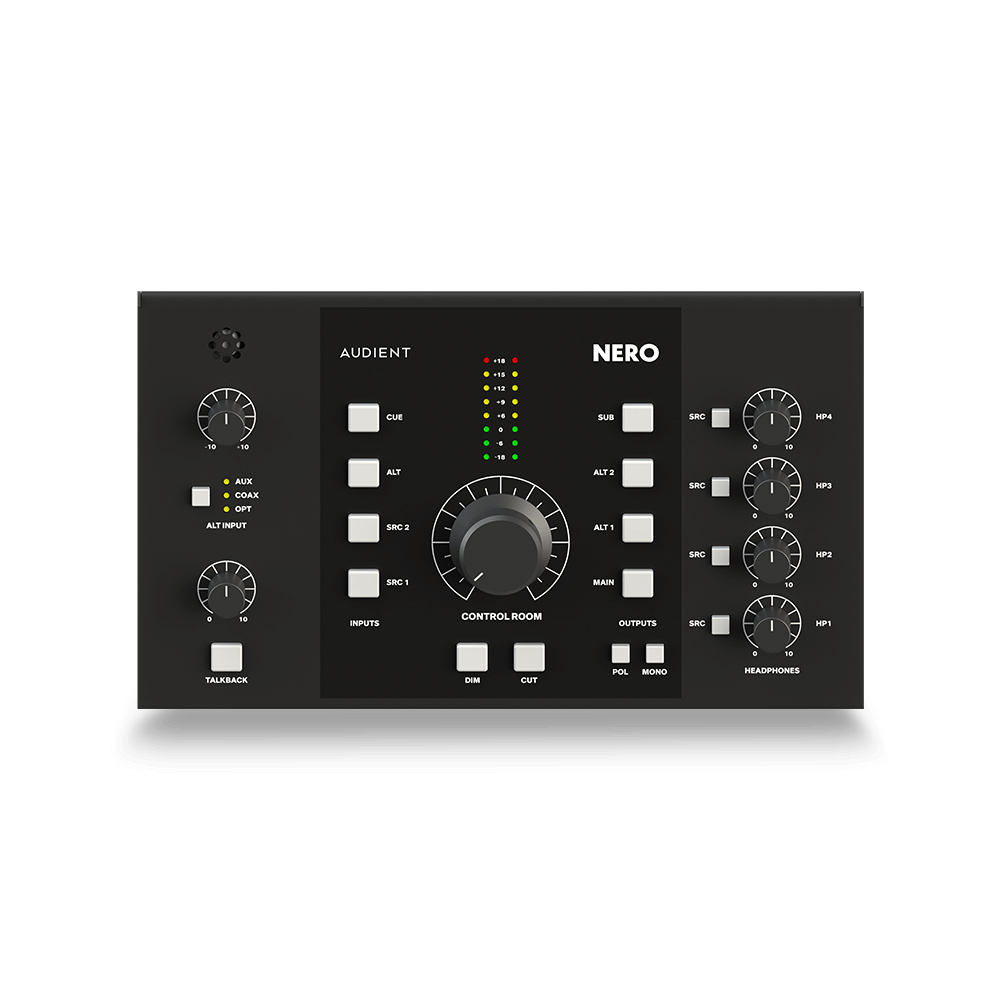
Desktop Monitor Controller
